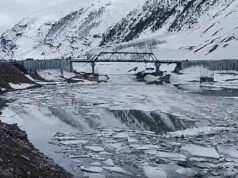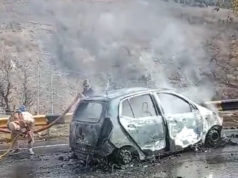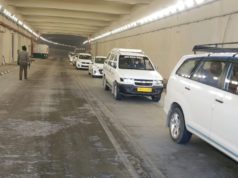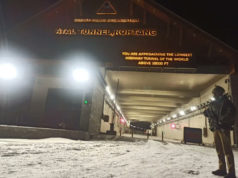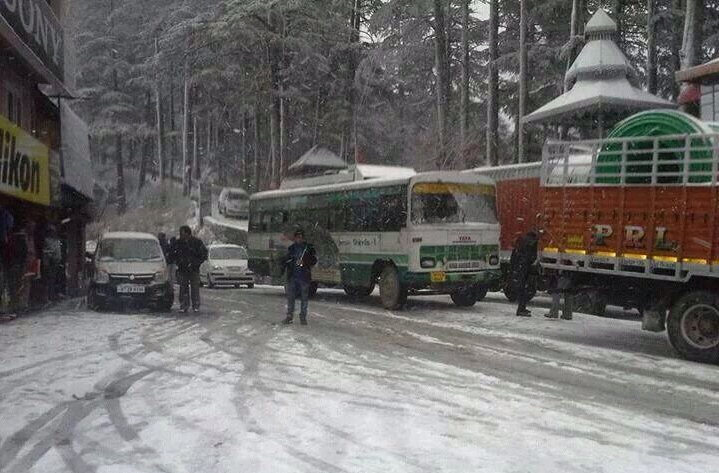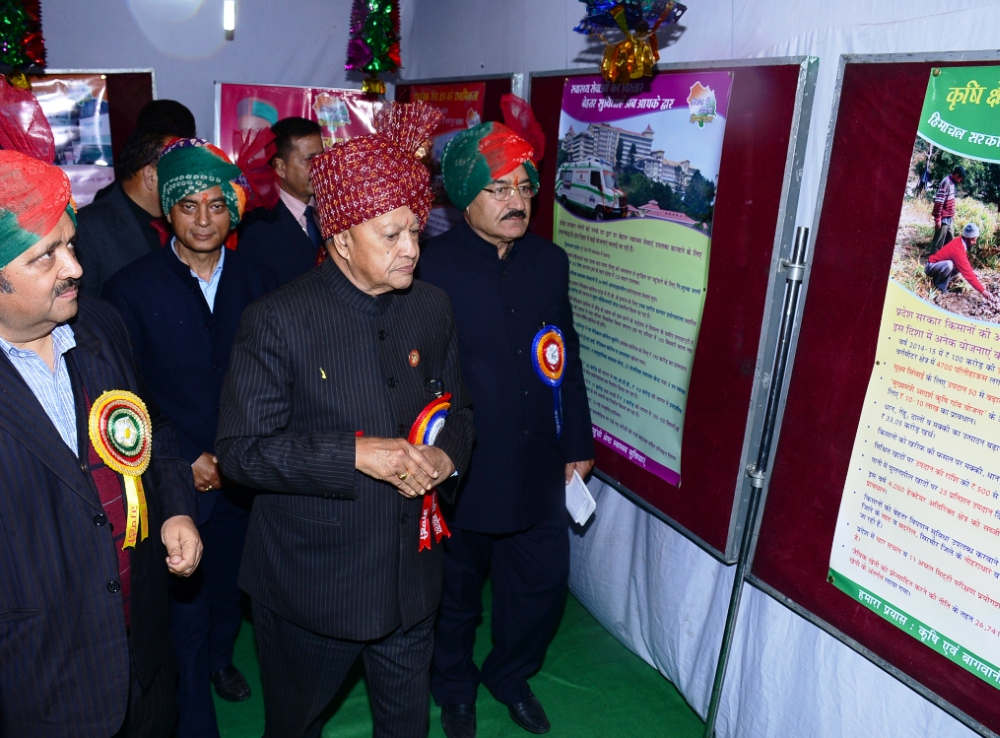Manali – Since the opening of the Atal Tunnel in October 2020, the fragile Lahaul-Spiti district of Himachal Pradesh has experienced an unprecedented influx of tourists. The Atal Tunnel, which significantly reduces travel time between Manali and Lahaul-Spiti, has made the region more accessible than ever. This accessibility has led to a dramatic increase in tourists eager to explore the pristine landscapes and partake in adventure activities in areas such as Sissu and Koksar. While this surge has brought economic benefits, it has also placed immense pressure on the valley’s fragile ecosystem.
To address these challenges, the Himachal Pradesh government has established an 11-member committee led by the Director of Tourism. The committee is tasked with ensuring that tourism in the Lahaul Valley is sustainable and environmentally friendly. Kullu District Tourism Development Officer (DTDO) Sunayna Sharma emphasized the committee’s crucial role, stating, “We are committed to balancing the economic benefits of tourism with the need to protect our unique natural heritage.”
The committee will provide recommendations on traffic management, safety protocols, and guidelines for adventure activities to mitigate the environmental impact. Experts have warned that the region’s carrying capacity is limited, and without proper regulation, the natural beauty that attracts tourists could be irreparably damaged.
In addition to forming the committee, the state government established the Atal Tunnel Planning Area in May 2023. This measure aims to regulate land use and construction activities, particularly along highways, to prevent unchecked development and preserve the valley’s ecological integrity.
The environmental issues have also drawn the attention of the Himachal Pradesh High Court. On March 6, 2024, the court directed the Town and Country Planning Principal Secretary to delineate vending and non-vending zones in the Solang Special Area near Manali. This order followed a public interest litigation (PIL) sparked by a news report from a leading English daily in July 2022, which highlighted littering problems near the Atal Tunnel. Following the court’s intervention, state authorities have initiated special clean-up drives and enhanced sanitation facilities, including the provision of additional public washrooms.
Despite these efforts, some planned improvements have faced delays. The Tourism Department’s project to develop amenities such as a cafeteria, parking lot, pavilion, and selfie point at the South Portal of the Atal Tunnel, budgeted at INR 6 crore, has been stalled for over a year, awaiting approval from the Ministry of Environment and Forests.
The government’s proactive approach and the committee’s work will be vital in managing the tourism boom. “Our goal is to make tourism in Lahaul-Spiti sustainable, ensuring that future generations can also enjoy its natural beauty,” added Sharma.
The Atal Tunnel has undeniably opened up new opportunities for tourism in Lahaul-Spiti. However, with this boom comes the responsibility to protect and preserve the region’s delicate ecosystem. The measures being implemented aim to ensure that the valley remains a pristine and attractive destination for years to come, balancing economic growth with environmental stewardship.




